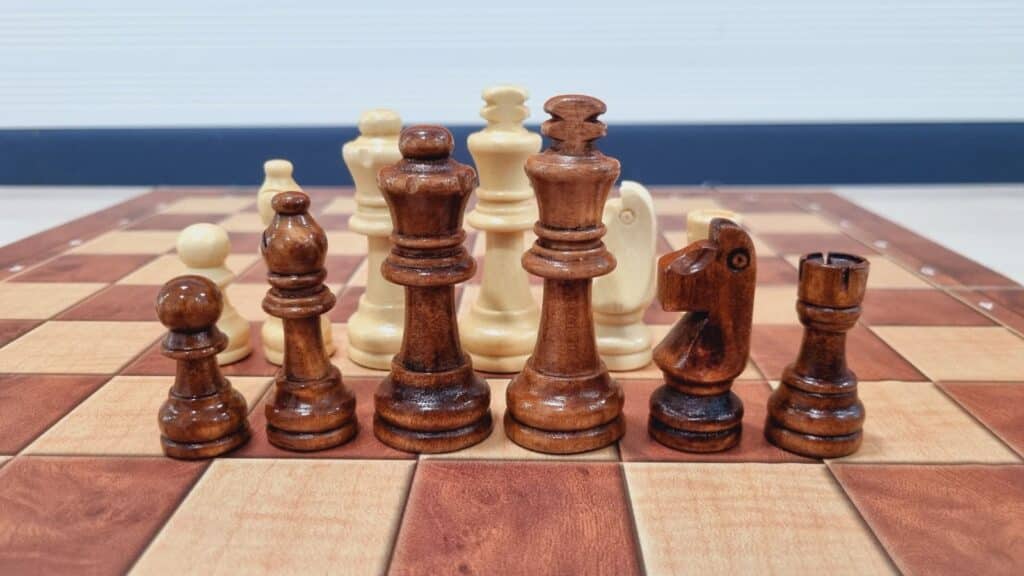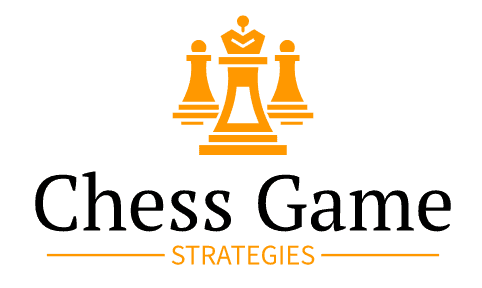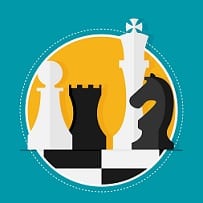
There’s no denying that different games have different levels of difficulty. The more complex the game, the higher the odds of its rules being more difficult to follow.
That’s probably the main reason why we instantly consider five-year-old chess players to be geniuses. While most children that age are playing more basic games such as tic-tac-toe or catch, some are developing their brains with chess.
It’s generally accepted that the earlier people start playing, the higher the odds of becoming a great player. That is because they have more contact with the game and, because of this, already see it from various perspectives.
However, there are many players who only start playing in their adulthood. Some people automatically assume that chess is so difficult that they could never understand or play it well as kids.
How Difficult Is Chess?
For a player to excel at the game, it’s true that he or she will have to master a series of factors, such as strategy, reactivity, time management, etc. That is what makes chess sound so difficult.
Due to the multiplicity of features players have to master to achieve greatness, most of them end up giving up halfway through their rise. Surely, most players never become great at chess, but that doesn’t mean that they aren’t having fun or reaching their own goals.
If a player wants to achieve the highest ratings, there will be a whole lot of study and dedication to put into it, and even so, some players never make it.
Apart from dedicating their whole lives to developing their skills, all Grandmasters are extremely talented. That’s why they stand out so much. These players can see around 20-25 moves ahead and plan combinations of moves that very few people can keep up with.
Grandmasters Are More Than Talents Alone
So, apart from starting in their early years, they had coaches, psychological and IQ development training, and much more that led them to excel in the game. Without talent, they may have reached quite high ratings, but they would hardly become such great players.
This incredible and rare combination of dedication, access to high-quality training, and talent is what brewed players like Magnus Carlsen, Bobby Fischer, Garry Kasparov, and very few others.
If you start early, you’ll probably have a higher chance of becoming great at chess, but there’s no promise. Also, the fact that players have to develop such a large combination of skills to become great, which means a lot of dedication and study, usually already drives them away.
Thirdly, the fact that not everyone can develop skills like visualization as much as it is necessary to excel in chess helps make the game even harder.
However, as long as players keep their focus on development, there will always be room to grow. Lastly, playing with stronger opponents is what helps new players develop the most.
So, don’t be afraid to get a few losses on the way, as those are the milestones that should lead you to the top!


